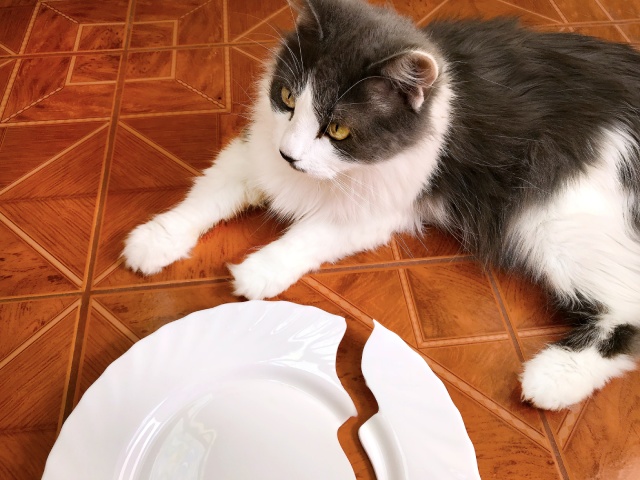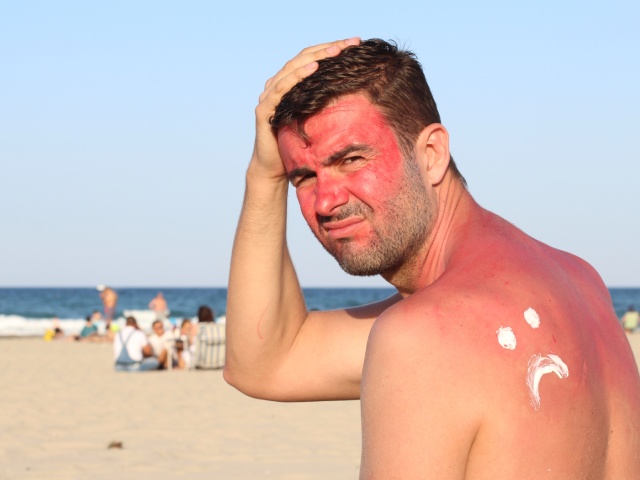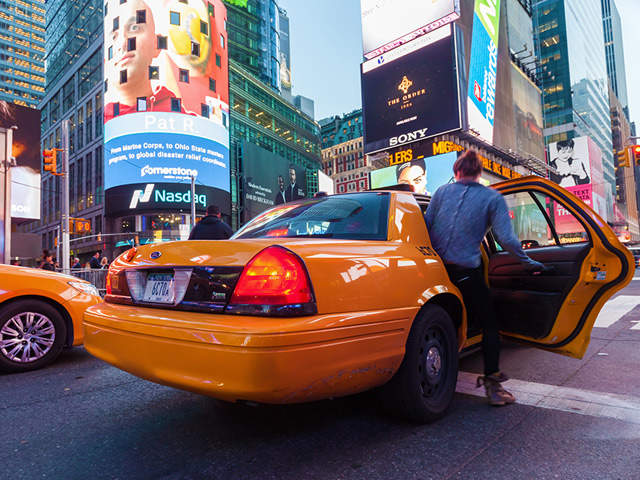To have done (B1)
Perfect infinitive (354)
Minulý infinitiv
Minulý infinitiv (perfect infinitive) – procvičování:
Na Landigo máme další související lekce:
I'm so happy to have met Caroline. We just got married! = Jsem moc šťastný, že jsem se tehdy s Caroline seznámil. Právě jsme se vzali!
| Minulost: |
|
I'm happy to have met her.
|


Minulý infinitiv se tvoří pomocí TO HAVE + třetího tvaru slovesa (done, been, played...):
|
to have done
|
|
to have been
|
|
to have played
|
|
to have met
|
|
to have lived
|
Porovnejte:
| Přítomný infinitiv | Minulý infinitiv |
|---|---|
|
to do
|
to have done
|
|
to be
|
to have been
|
|
to play
|
to have played
|
|
to meet
|
to have met
|
|
to live
|
to have lived
|








Minulý infinitiv (to have visited, to have been...) odkazuje do minulosti:
|
We're glad to have visited Japan.
|
Jsme rádi, že jsme Japonsko navštívili. |
|
She claims to have been the best.
|
Tvrdí, že byla nejlepší. |
|
He pretended to have passed the exam.
|
Předstíral, že zkoušku udělal. |
S podobným významem jako minulý infinitiv můžeme často použít vedlejší větu:
|
We're glad to have visited it.
|
We're glad that we visited it.
|
|
She claims to have been the best.
|
She claims that she was the best.
|
|
He pretended to have passed it.
|
He pretended that he had passed it.
|
You must be very proud to have represented the United States in the Olympics.
| You must be proud to have represented... |
| You must be proud that you (have) represented... |


V záporu používáme NOT:
|
We're glad not to have visited it.
|
Jsme rádi, že jsme ho nenavštívili. |
|
She claims not to have been the best.
|
Trvdí, že nebyla nejlepší. |
|
He pretended not to have passed it.
|
Předstíral, že ji neudělal. |
Nikoliv: We're glad TO NOT have..., We're glad to HAVEN'T...




Alex claims not to have broken the plate. He says it was the cat.
|
He claims not to have broken it.
|
| He claims to haven't... |


Minulý infinitiv používáme po některých přídavných jménech:
|
It's great to have gotten the news from my old friends.
|
Je skvělé, že jsem dostal zprávy od svých starých přátel. |
|
She's upset to have split up with her boyfriend.
|
Je rozrušená, protože se rozešla se svým přítelem. |
|
He was surprised to have lifted such heavy weights.
|
Překvapilo ho, že zvedl tak těžké činky. |
Porovnejte:
|
It's great to get the news.
|
Je skvělé dostat zprávy. |
|
It's great to have gotten the news.
|
Je skvělé, že jsem dostal zprávy. |
Více o přídavných jménech s infinitivem v lekci: Easy to do, nice of you to do...
The boys were thrilled to have advanced to the next round.
|
They were thrilled to have advanced.
|
|
They were pleased to have won.
|
|
They were sad not to have scored.
|


You're really lucky to have seen elephants in the wild.
| Přítomnost: |
You're lucky to see them now.
|
| Minulost: |
You're lucky to have seen them then.
|


Minulý infinitiv používáme po některých slovesech, jako např. SEEM, APPEAR, CLAIM:
|
They seem to have lost a lot of weight.
|
Zdá se, že hodně zhubli. |
|
Did they claim not to have read it?
|
Tvrdili, že to nečetli? |
|
He would prefer to have stayed at a hostel.
|
Byl by raději přespal v hostelu. |
|
I would like them to have worked together.
|
Byl bych rád, kdyby spolupracovali. |
Alison and Maddox seem to have fallen in love.
|
They seem to have fallen in love.
|
|
They claim to have fallen in love.
|
|
They appear to have fallen in love.
|


Mr Jones appears to have forgotten about the meeting. I'll give him a ring.
|
He appears to have forgotten about it.
|
|
It appears that he has forgotten about it.
|


I would love to have seen Sara's expression when she opened the present!
| Přítomnost: |
I would love to see it now.
|
| Minulost: |
I would love to have seen it then.
|


S modálními slovesy COULD, MUST, SHOULD... používáme minulý infinitiv bez TO:
|
I could have done it.
|
Možná jsem to udělal. |
|
I may have done it.
|
|
|
I might have done it.
|
|
I must have done it.
|
Určitě jsem to udělal. |
|
I can't have done it.
|
Určitě jsem to neudělal. |
|
I should have done it.
|
Měl jsem to udělat. |
|
I would have done it.
|
Byl bych to udělal. |
Nikoliv: could TO have done, may TO have done
Více o COULD HAVE DONE, MUST HAVE DONE... v lekci: Minulá modální slovesa
I've seen loads of horror movies and this one could have been the scariest.
| Minulost: |
| It could have been... |
| It may have been... |
| It might have been... |


You look quite sunburnt! You should have put on sunscreen.
| Přítomnost: |
You should put it on now.
|
| Minulost: |
You should have put it on before.
|


If Dan hadn't taken a cab, he would have missed his flight.
|
He would to have missed it.
|


Minulý infinitiv – shrnutí a tip na závěr:
- Minulý infinitiv → odkazuje do minulosti
- Minulý infinitiv → TO HAVE + třetí tvar slovesa (to have done, to have been...)
- S modálními slovesy používáme infinitiv bez TO (could have done, must have done...).
- Doporučujeme si procvičit minulý infinitiv (perfect infinitive) v našich cvičeních.
